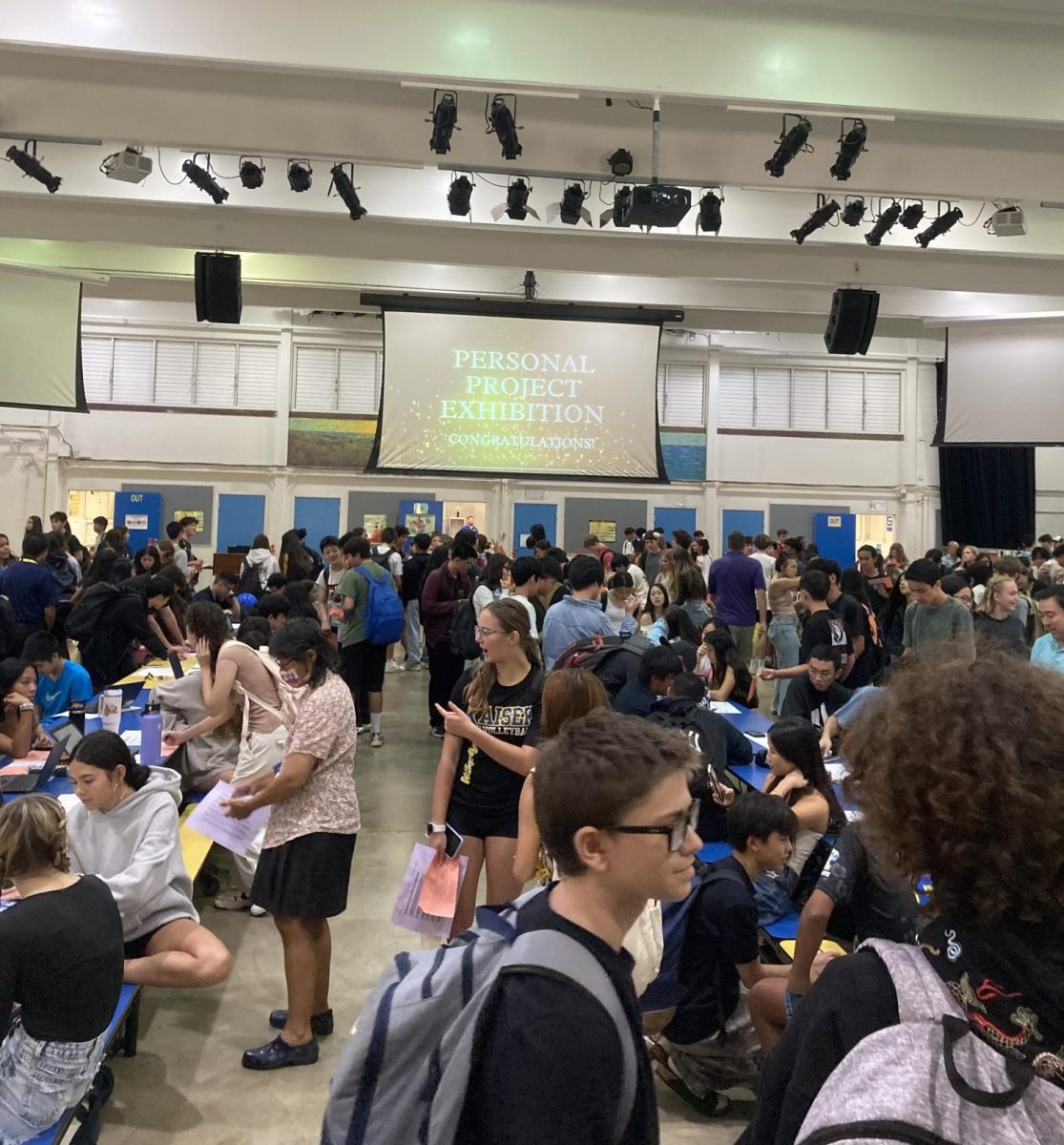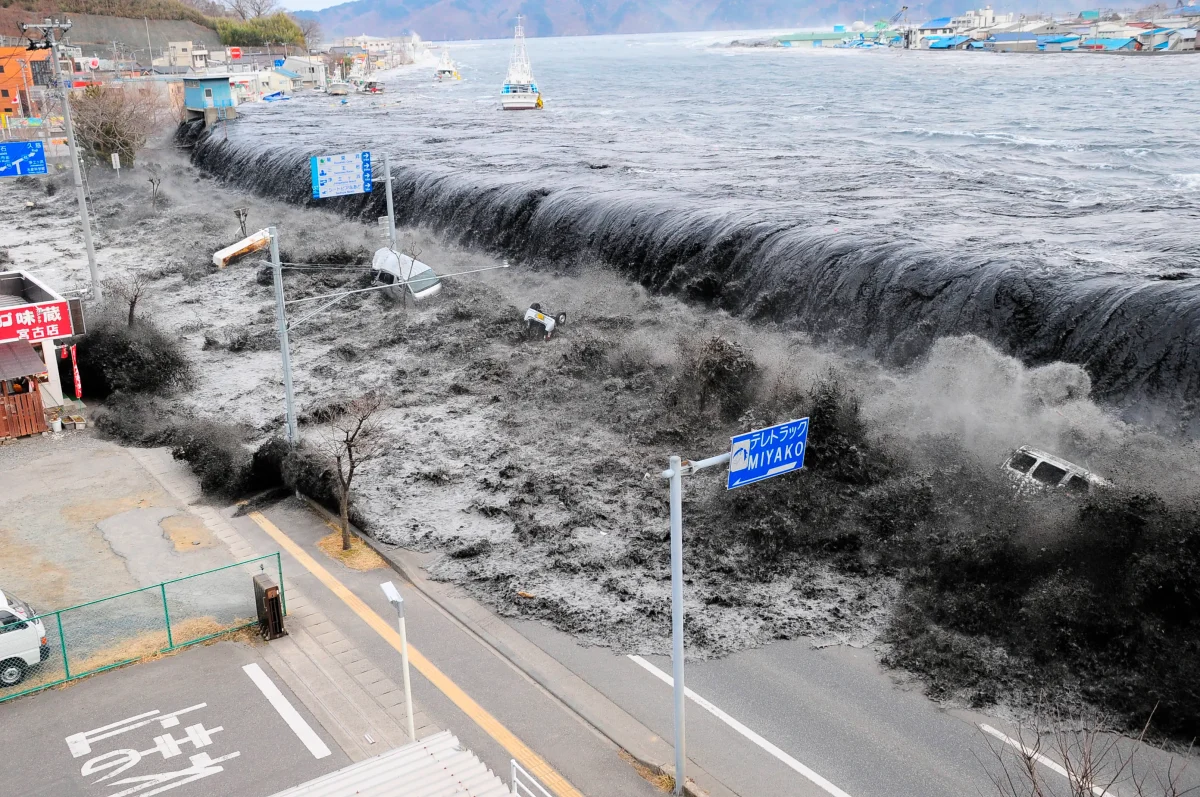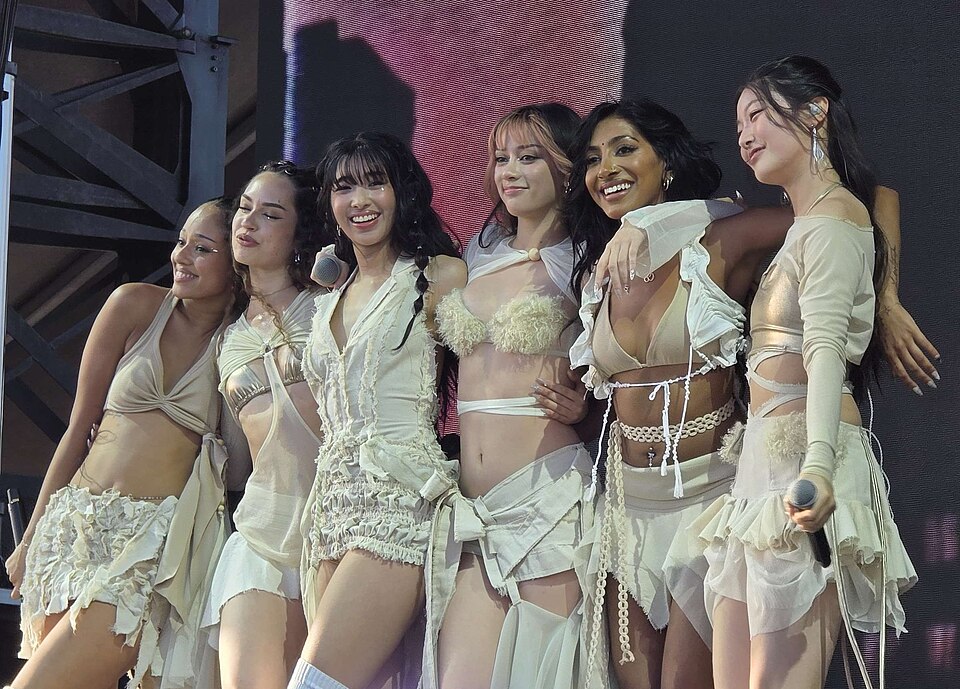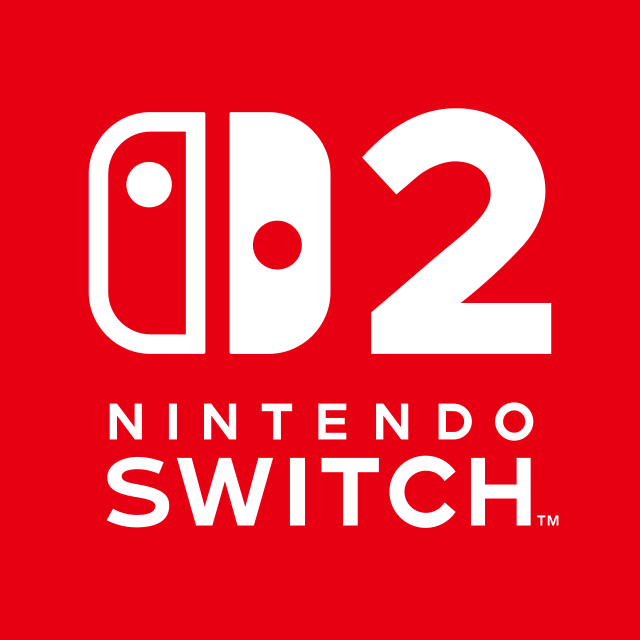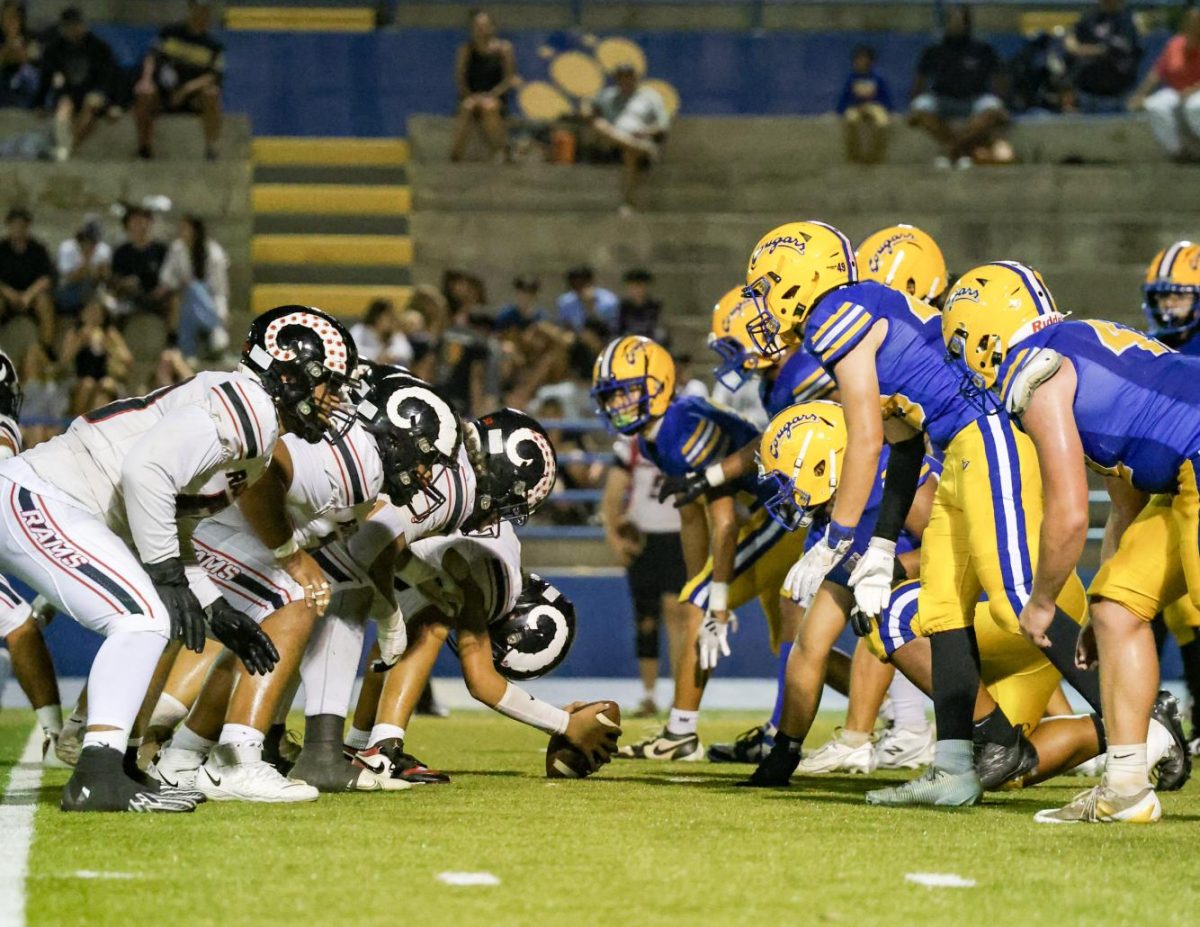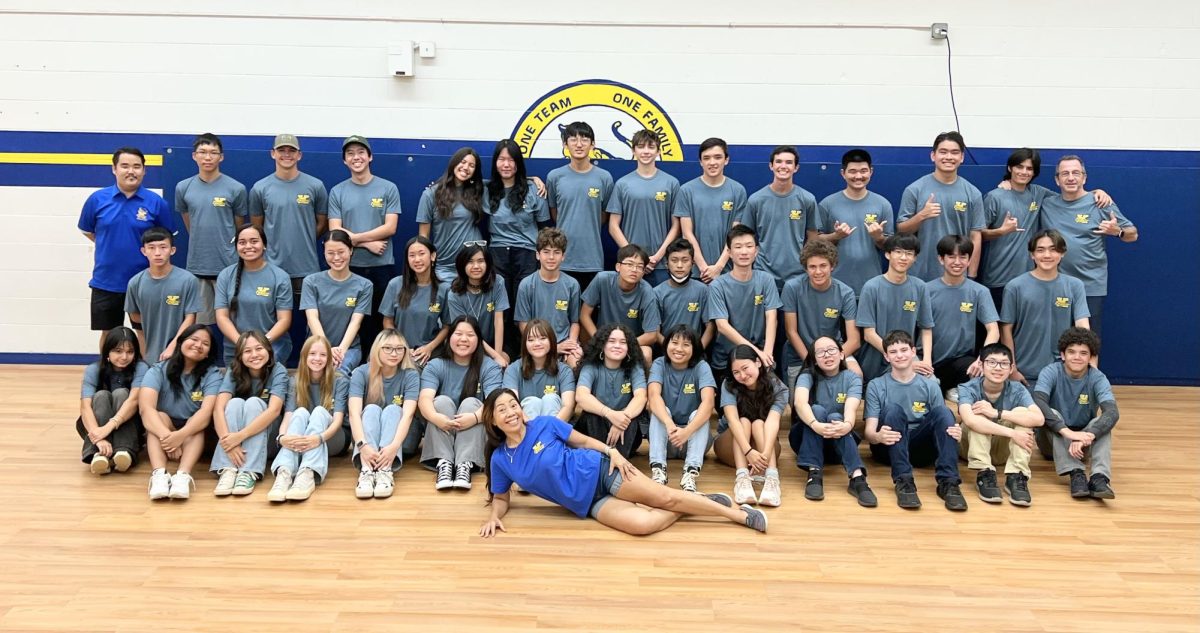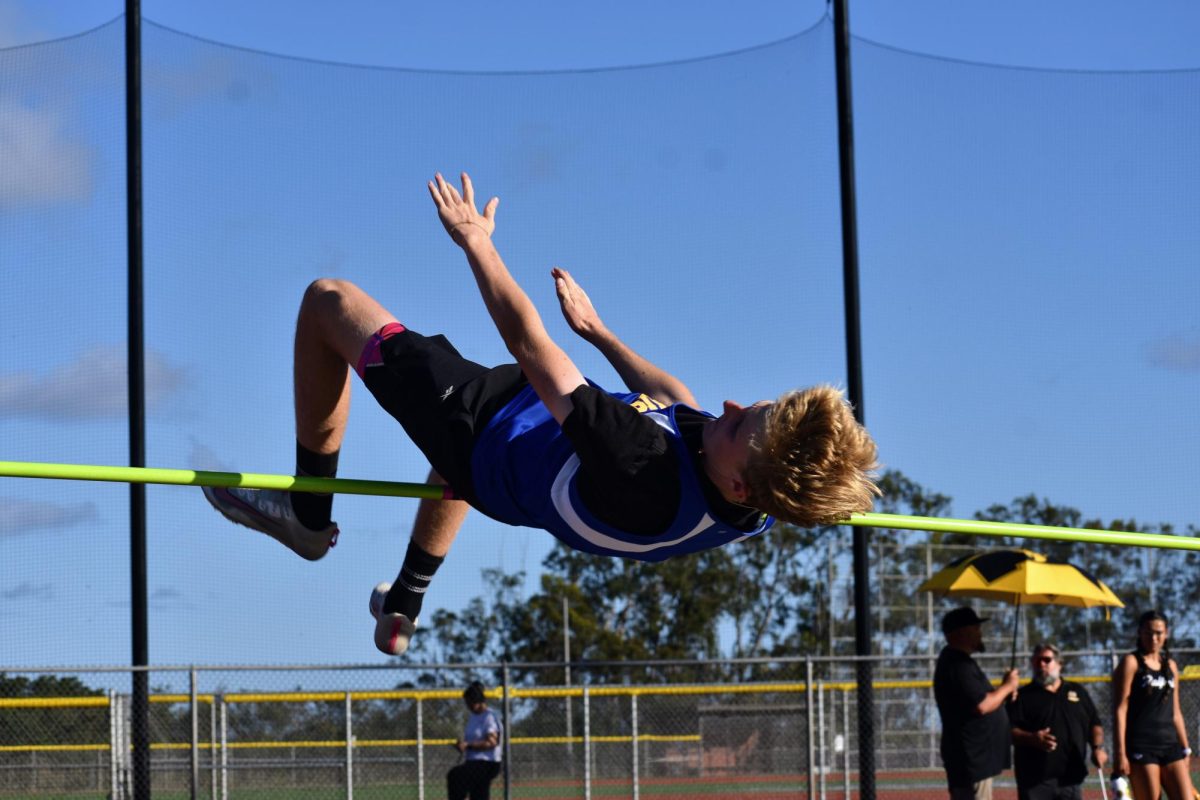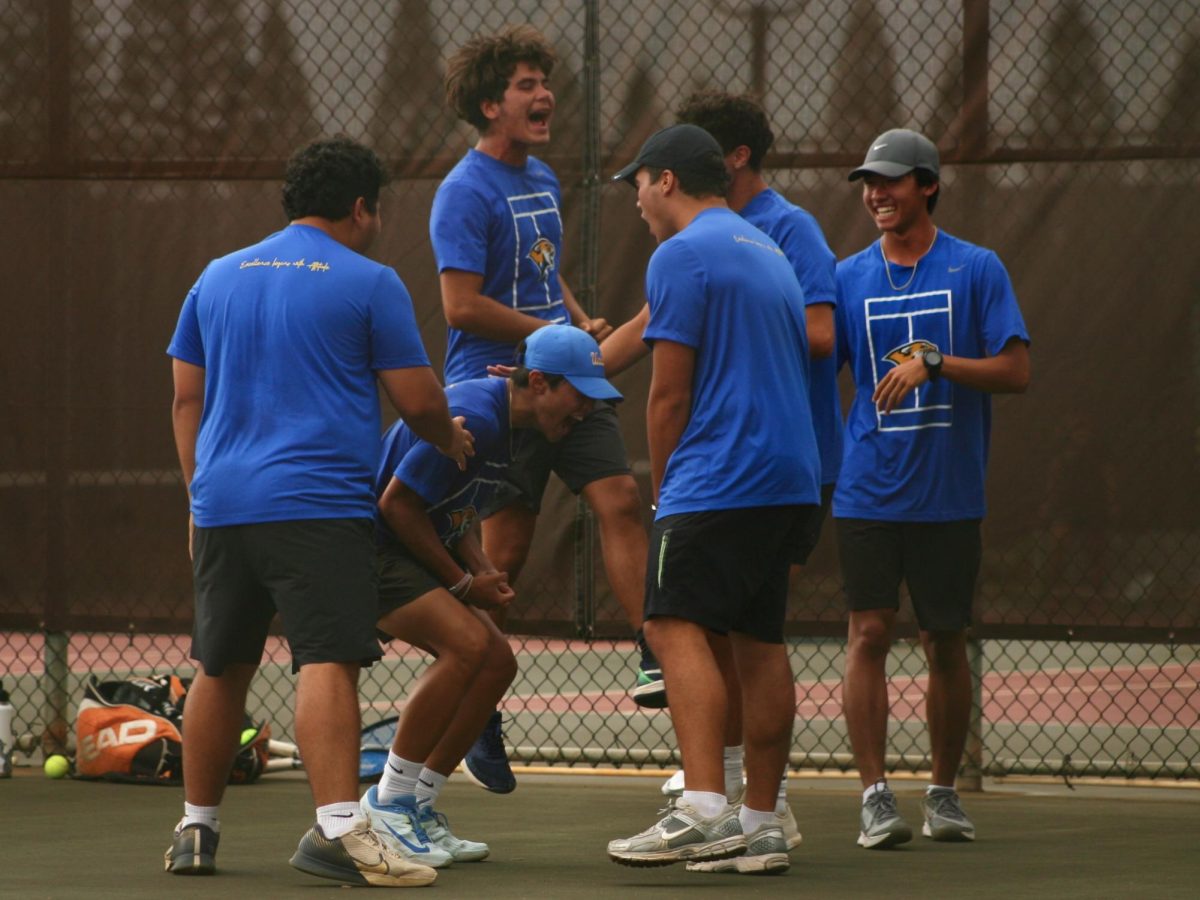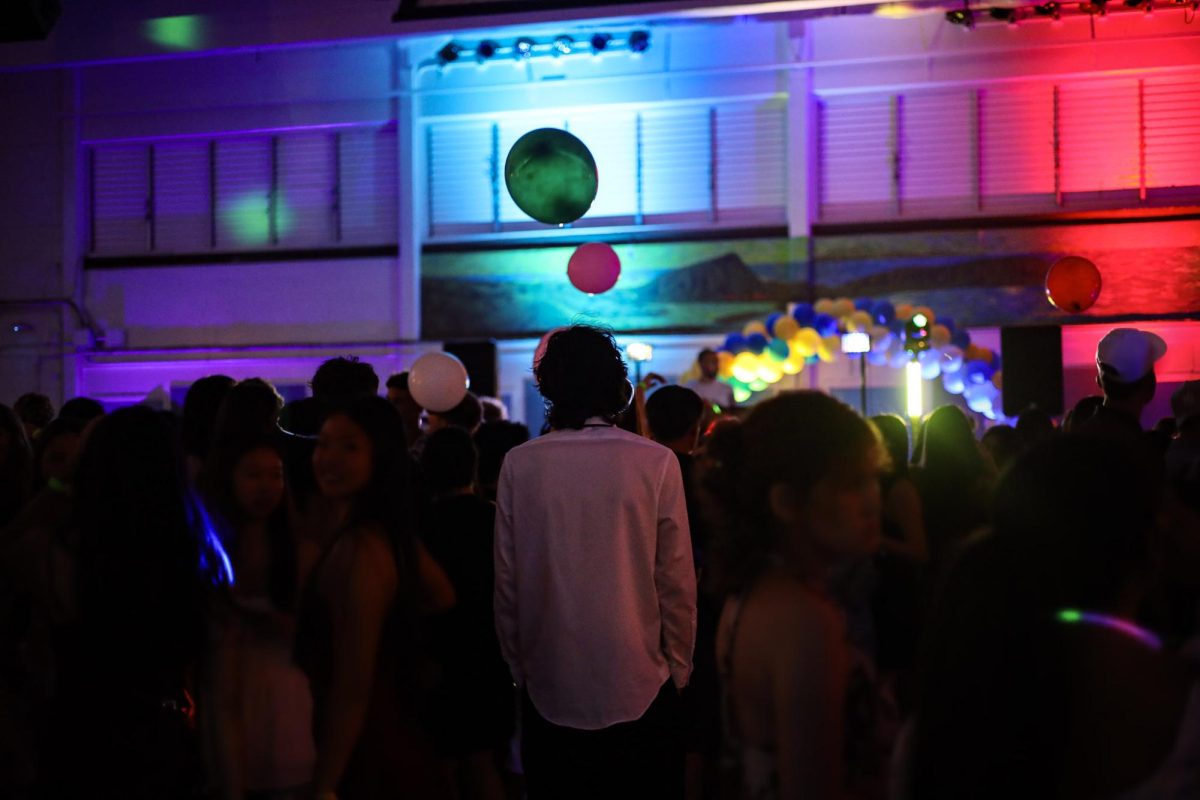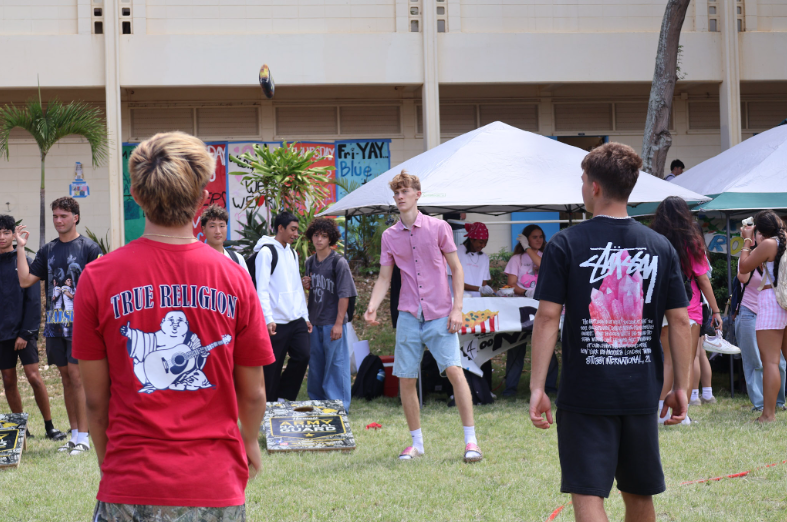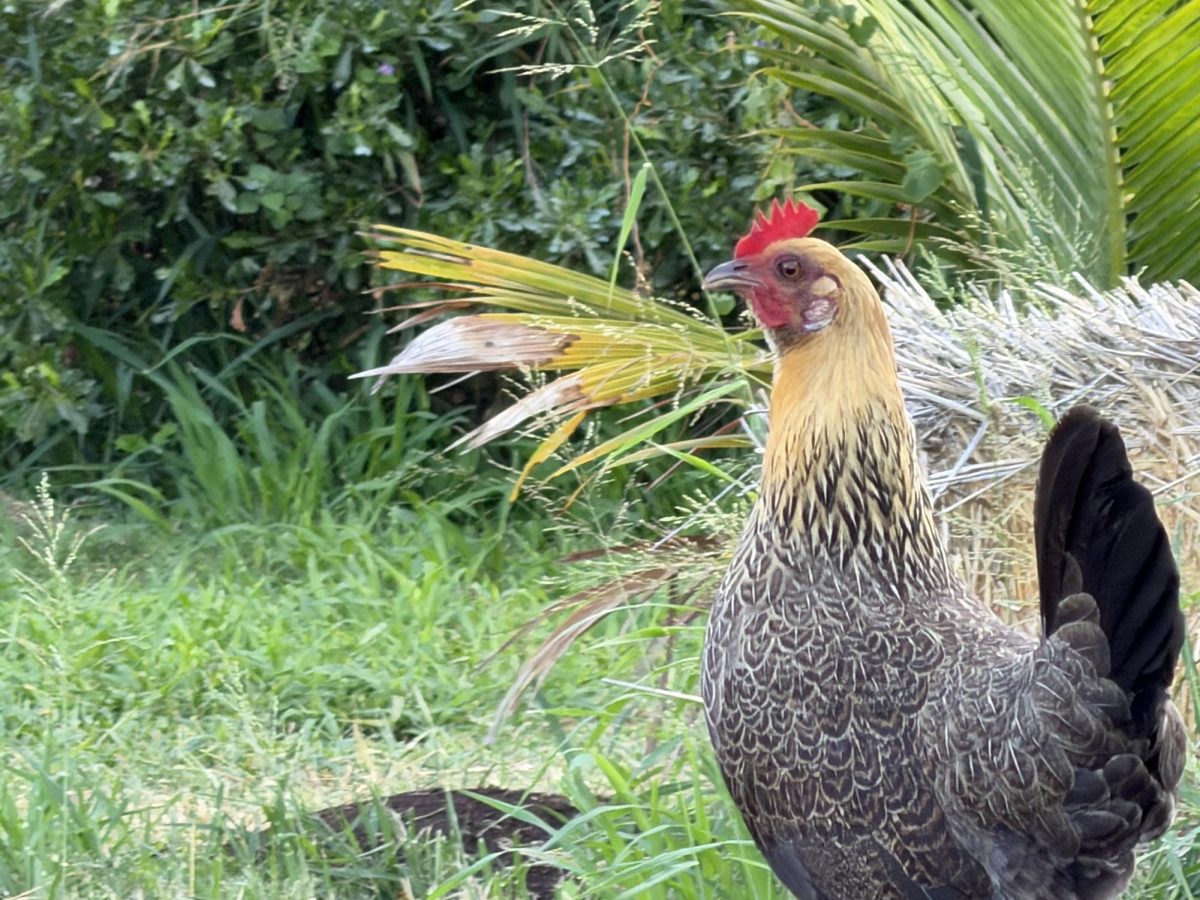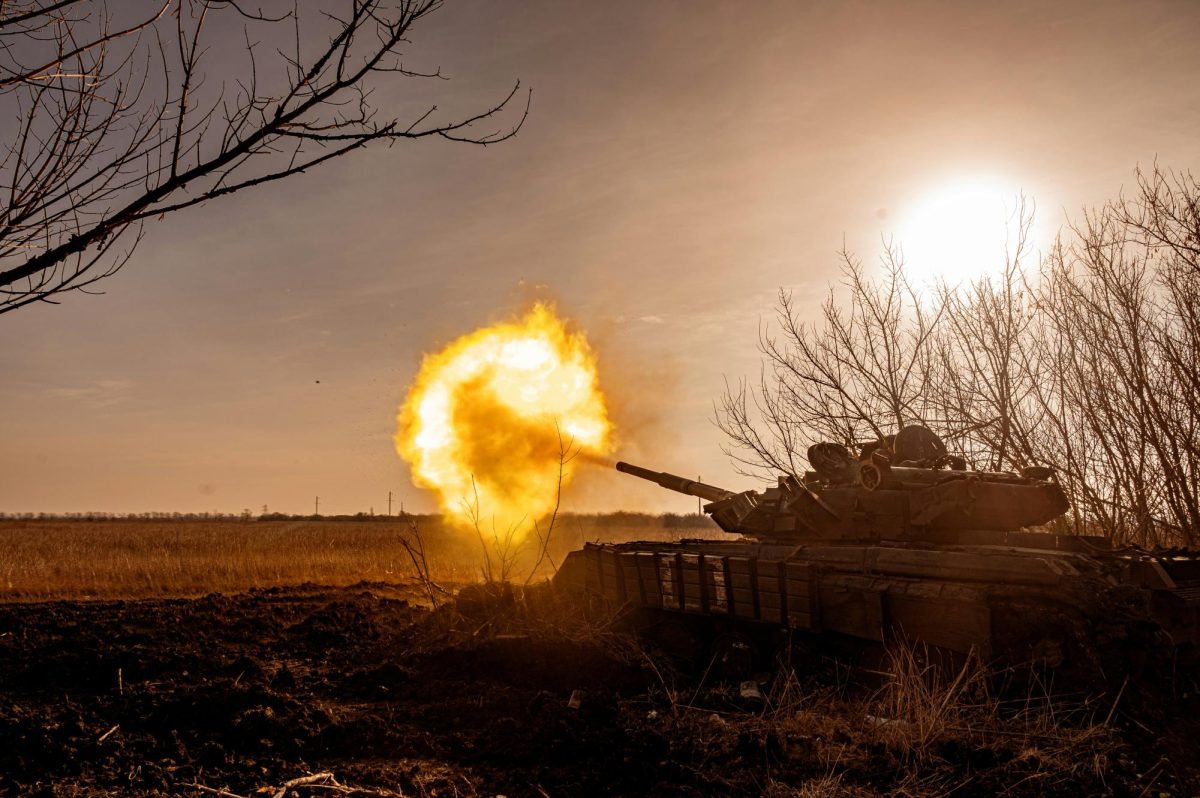On February 24, 2022, Russia launched an invasion of Ukraine, marking the beginning of a conflict that has now entered its third year.
As of October 2024, the war shows no signs of ending, with military and civilian casualties exceeding an estimated 230,000 to 240,000. Despite ongoing international efforts for a ceasefire, the human cost continues to mount.
At this very moment, soldiers and innocent civilians are paying the price for a conflict they did not choose, caught in the political turmoil of their leaders’ decisions.
According to the United Nations High Commissioner for Human Rights (OHCHR), as of late October 2024, approximately 93,000 civilians have been confirmed killed in the conflict. This figure represents verified casualties, although the true death toll may be higher, as ongoing combat and limited access to affected areas hinder full documentation.
This number is for confirmed deaths, and the actual number of deaths may rise as time goes.
During wars, civilians often suffer damage, especially due to military clashes, artillery bombardments, and air raids of both the Russian and Ukrainian Air Force and Army.
This deadly war led the civilians to forcibly leave their beloved homes and become immigrants.
Additionally, as of October 2024, the Ukrainian military estimates that more than 130,000 Ukrainian soldiers have been either killed or wounded. This is an estimate based on official statements from the Ukrainian military and government.
The Russian government has yet to provide official figures on military casualties, and while independent analysts estimate the number of Russian soldiers killed to be over 100,000, these figures remain speculative due to a lack of transparency from Moscow and are only an estimate.
However, since there is no official announcement from the Russian government, this figure relies on estimations from external organizations and is not accurate, making it difficult to estimate the number of deaths till now.
As we approach the end of November 2024, despite ongoing diplomatic efforts, the war continues to evolve, with rising casualties expected in the coming months. The prolonged stalemate on the frontlines, especially in regions like Luhansk and Kursk, suggests that both military and civilian losses will likely increase significantly, making accurate estimates more difficult.
North Korean and Global involvement, What does this bring to the Ukraine war?
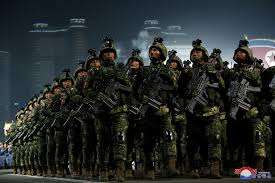
Recent reports have highlighted North Korea’s involvement in Russia’s military efforts, with Kim Jong-un’s regime reportedly dispatching troops and military supplies to bolster Russia’s forces.
This development has garnered significant international attention, with mounting evidence supporting these claims through satellite images and testimonies from affected regions.
North Korea has reportedly sent approximately 2,600 troops as a vanguard force and 12,000 special forces personnel belonging to the unit ‘Storm Corps’ to assist Russian military operations, with the South Korean National Intelligence Service(NIS), Ukraine, and the United States (CIA) all confirming these reports.
This support is consistent with troops including 500 Officers from KPA (Korean People’s Army) and with at least 3 Generals from its general staff of the KPA.
This Information was told by a Ukrainian representative at the UN security council streamed on October 30th.
The US warned Represented by Defense Secretary Lloyd Austin said “Should DPRK’s (North Korea) troops enter Ukraine in support of Russia, they will surely return in body bags, and I would advise chairman Kim to think twice about engaging in such reckless and dangerous behavior.”
This military cooperation has sparked international condemnation, particularly from South Korea, the U.S., and other NATO members, who view it as a violation of international sanctions and a destabilizing factor in both Europe and east asia.
In addition, this is supported by the photos released by Ukraine of North Korean troops dispatched to Russia, equipping Russian Assault rifles like AK 12, AK 74 or North Korean developed and manufactured, type 73 LMGs (Light machine Gun)
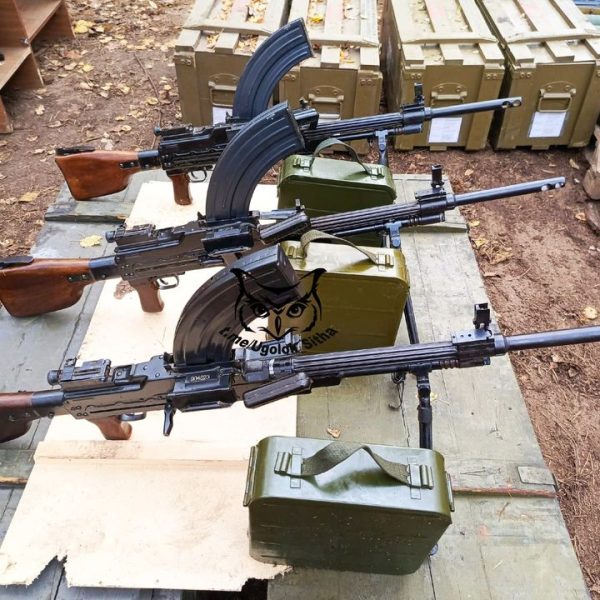
The North Korean servicemen are also supposed to wear Russian uniform provided with Russian Identity documents, notably to conceal their presence, the North Korean soldiers are expected to be integrated into the Russian Units made by representatives of ethnic minorities from the Asian part of Russian Federation.
For instance, there is the special buat Battalion of the 11th separate air assault brigade of the Russian Airborne forces.
The following UN security councils, the US, Korea and Ukraine Representative criticized the North Korean support on Russia with different warnings and criticism.
Korean Representative criticized North Korea’s act by saying “As a legitimate military targets, they will end up as mere cannon fodder while the wages they are suppose to receive from Russia will end up squarely in Kim Jong Un’s pocket”
These money are estimated to be used for nuclear, missile programs, and for KPA (Korean people’s Army), but as well as funds for his extravagant lifestyle.
He also felt sympathy and criticized North Korea’s actions regarding the dispatch of its soldiers by expressing “I personally feel pity for these soldiers as a fellow korean; It is tragic that they could have enjoyed a far better life if they were born south of the DMZ”
Since May of this year, North Korea has already been supporting the KN23 missile, a North Korean-made short-range ballistic missile(SRBM) known as North Korea’s name as the Hwasong 11-ga type and also supported North Korean 170mm self-propelled artillery known as M-1989.
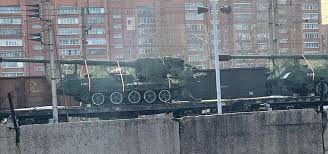
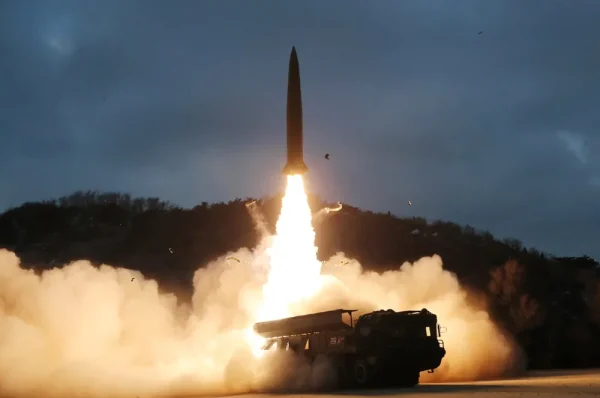
At the same time, there were North Korean-made large caliber multiple rocket launchers, and various cannon shells that supported former Soviet standards. In advance, artillery shells were exported to Russia and in return, intercontinental ballistic missile technology and satellite technology were acquired.
South Korea, the United States, Japan, NATO, and the international community strongly condemned this, and some countries also voiced concerns that it was a threat to peace on the Korean Peninsula and in Europe.
Consul Lim Jae-hyun, who serves at the Consulate General of the Republic of Korea in Honolulu, shared that on October 31st, there was already a joint statement of condemnation by the ROK and U.S. defense ministers, and the South Korean defense minister Yang said,
“Russian-North Korean military cooperation, including illegal arms trade and transfer of advanced technology, violates the UN.” “We have made it clear that this is a clear violation of the Security Council resolution,” the defense minister Yonghyun Kim said.
Also, the minister Kim criticized “We condemn with one voice in the strongest voice that military cooperation between Russia and North Korea has gone beyond the movement of military materials to the actual deployment of troops.” Additionally saying, “We decided to closely cooperate with the international community on this issue.”
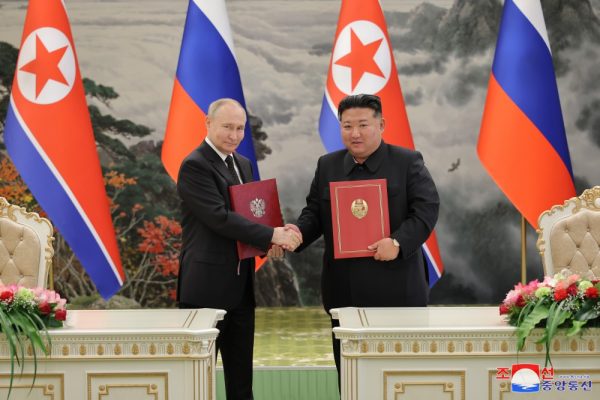
The continued international involvement, particularly the role of North Korea and other private military contractors, could influence the future trajectory of this devastating conflict in Ukraine.
The 2024 U.S. presidential election, what could have a significant impact on the direction of the Ukraine war, with the outcome potentially altering the level of military and financial support the U.S. provides?
The United States, along with NATO allies like Germany, France, and Poland, has been a main source of military, economic, and humanitarian support to Ukraine.
Since the beginning of the invasion, the United States has provided Ukraine with advanced weapons, such as HIMARS MLRS systems, air defense systems like MIM-104 Patriot, and Main Battle Tanks(MBTs) like M1A1 Abrams and other armored vehicles such as M2 Bradley IFV(Infantry Fighting Vehicles).
The Biden administration has given billions of dollars in aid, signaling continued support despite domestic political challenges in the United states.
This support is not only crucial for Ukraine’s defense, but also for maintaining the Western alliance’s unity and countering Russian aggression in Eastern Europe threatening security of the region.
However, as the conflict drags on, the level and nature of this support could become a long term issue in U.S. politics, especially with the presidential election of Donald trump.
The 2024 U.S. presidential election will likely have a decisive impact on U.S. policy toward Ukraine.
Stephen Noerper, a political analyst and expert on U.S.-Asia relations, noted, “The Biden administration has been conducting a ‘surge’ in financial and military assistance, which will be diminished after January 20, when Trump regains office. Sadly, Ukraine will have to settle for a loss of land and autonomy- – a violation of sovereignty and rewarding aggression.”
While President Joe Biden has strongly supported Ukraine, including by securing massive military aid packages, his Republican rivals, particularly former President Donald Trump, have expressed a stance being more isolated, questioning the U.S. commitment to Ukraine’s defense.
Trump’s position on Ukraine, advocating for a more isolationist stance, contrasts sharply with Biden’s approach of robust support, which could shape the future of U.S. involvement in the conflict
For example, Trump’s isolationist stance could involve reducing military and financial aid to Ukraine, withdrawing from certain international commitments, and focusing on domestic issues.
“Those opposing aid to Ukraine feel that it is an overreach by the U.S and drains resources. They say it is crucial for this democracy to overcome the threat from totalitarian Russia and prevent Russian action elsewhere.” said Stephen Noerper
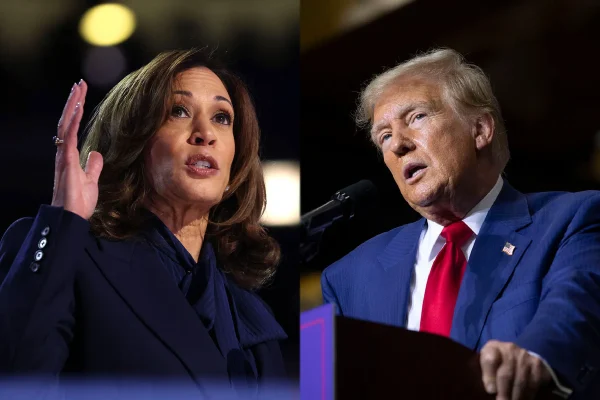
Especially since former President Donald Trump was elected, the inauguration of him and democrats taking over the white house are making the concerns come close to being a truth.
“It is likely that President-elect Trump will withdraw U.S assistance and forge a ceasefire or truce between Russia and Ukraine. The agreement likely will see Ukraine lose significant land and settle for a neutral status and no membership in NATO, which Russia considers a threat.” Stephen confirmed.
A change in leadership might make the level of military and financial support to Ukraine different, potentially impacting the course of the war.
The war in Ukraine has now entered its third year, leaving deep scars in human history. Countless soldiers and civilians have lost their lives, and many have been forced to flee their homes, caught in the devastating reality of this conflict.
Despite ongoing international efforts for peace talks and diplomatic solutions, the war shows no signs of ending, and its repercussions are felt globally.
The involvement of North Korea, the outcome of the upcoming U.S. presidential election, and the ongoing international military support are all factors that will significantly influence the course of this war.
The conflict between Ukraine and Russia has transcended a regional dispute, now impacting global security and the world order. The long and painful journey of this war continues to demand sacrifice, making it increasingly difficult to predict its resolution.
This war is not just Ukraine’s problem; it is a global issue that directly affects international peace and security.
The international community can no longer afford to delay action. It is time to urgently seek practical and effective solutions to end the conflict.
To prevent more people from becoming victims of this war, humanity must take decisive steps toward finding a path to peace.


